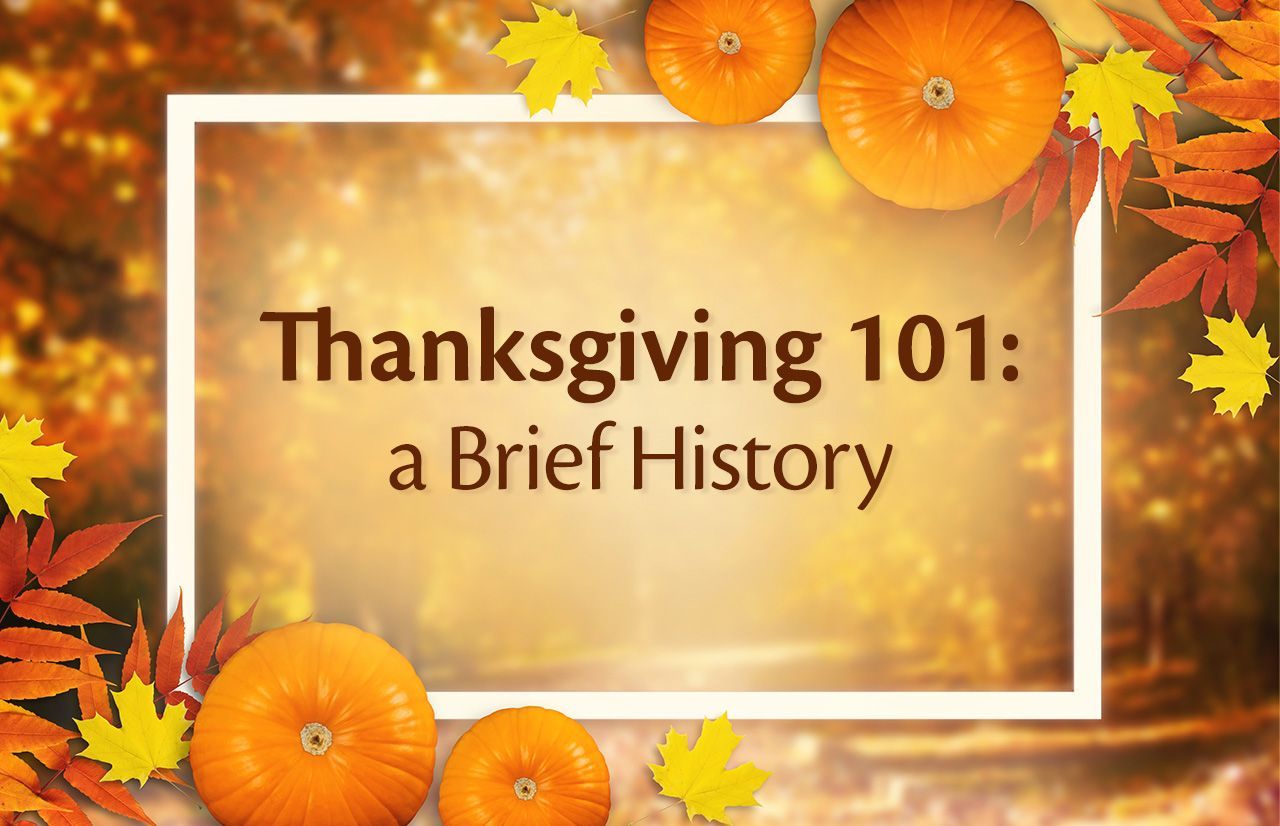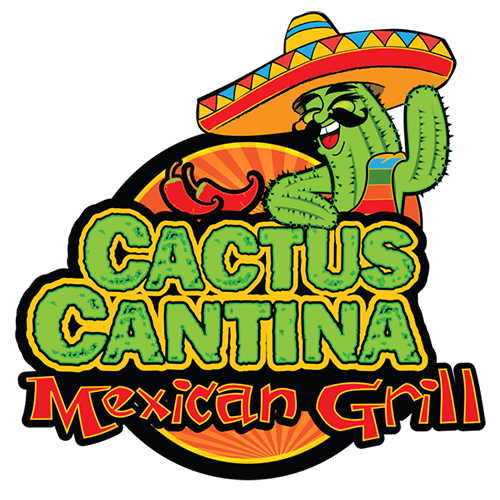The Thanksgiving Tradition, A Brief History
Ken Cooper • November 22, 2023
A tradition that's been building for over 400 years

Thanksgiving, a celebration synonymous with gratitude and fellowship, has been celebrated by Americans off and on for about 400 years. This holiday celebrates bountiful harvests, blessings, and intercultural connections. It also serves as a reminder of the diverse cultural legacy of our country.
The origins of Thanksgiving date back to the early 17th century when Pilgrims voyaged across the Atlantic, seeking religious freedom. Making landfall in what would become Plymouth, Massachusetts, in 1620, they encountered a brutal winter and numerous unexpected hardships. Through their steadfast belief and the invaluable aid of the Wampanoag, the native inhabitants of the area, they persevered and reaped a plentiful harvest.
In the autumn of 1621, to express their thankfulness for overcoming adversity and reaping an abundant harvest, the Pilgrims organized a three-day banquet. They welcomed their Wampanoag neighbors to partake in the festivities. This event became known as the "First Thanksgiving," represented a significant milestone in Thanksgiving's history, epitomizing the peaceful coexistence between the two communities.
Throughout the last four centuries, Thanksgiving traditions underwent a transformation, with different traditions in various areas. In New England, Thanksgiving days were commonly celebrated to give thanks for a range of blessings, including safe travels, military triumphs, or rich harvests. These observances typically featured church services, elaborate feasts, and community gatherings, with a focus on the blessings.
In 1789, President George Washington issued a proclamation establishing a national day of thanks to commemorate the end of the Revolutionary War and the ratification of the Constitution. This marked a significant turning point in the history of Thanksgiving, transforming it from a regional observance to a national holiday.
As the 19th century progressed, Thanksgiving rose in prominence, evolving into an occasion for family reunions, lavish feasts, and a time to acknowledge life's blessings. The holiday's customs crystallized during this era, with turkey, stuffing, cranberries, and pumpkin pie emerging as quintessential elements of the Thanksgiving banquet.
In the 20th century, Thanksgiving continued to hold a prominent place in American culture, evolving to reflect the changing social landscape. The holiday became associated with football games, parades, and acts of charity, while its significance as a time for reflection and gratitude remained steadfast.
Thanksgiving continues to be a beloved holiday, observed not just in the United States but in Canada and various other nations globally. It stands as a testament to the timeless human virtues of thankfulness, community spirit, and the significance of extending our blessings to others.
Recent Posts

























